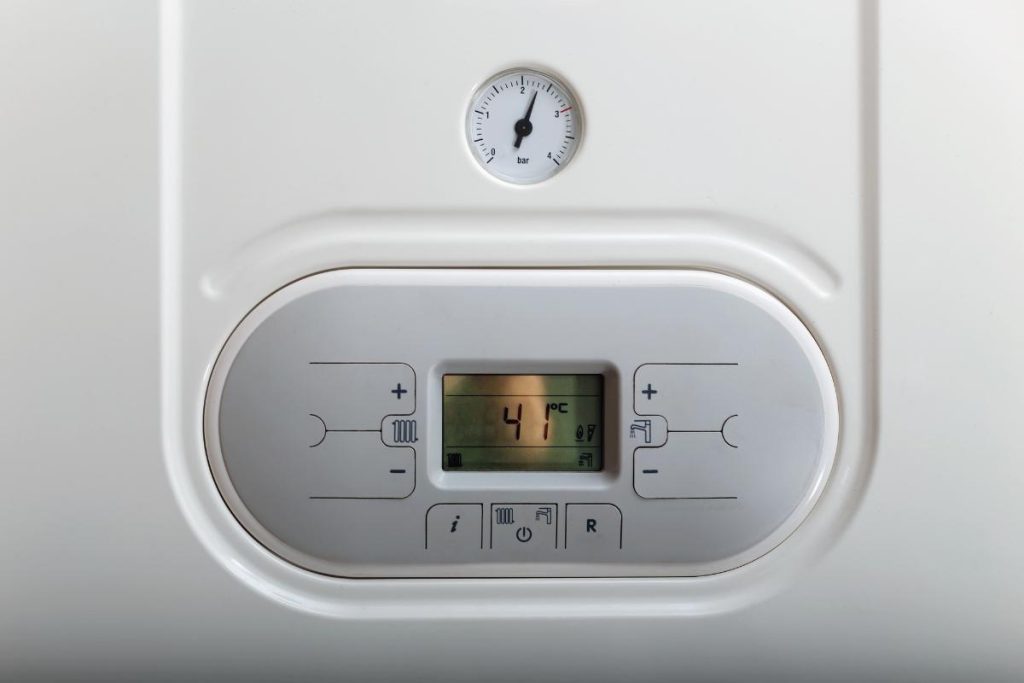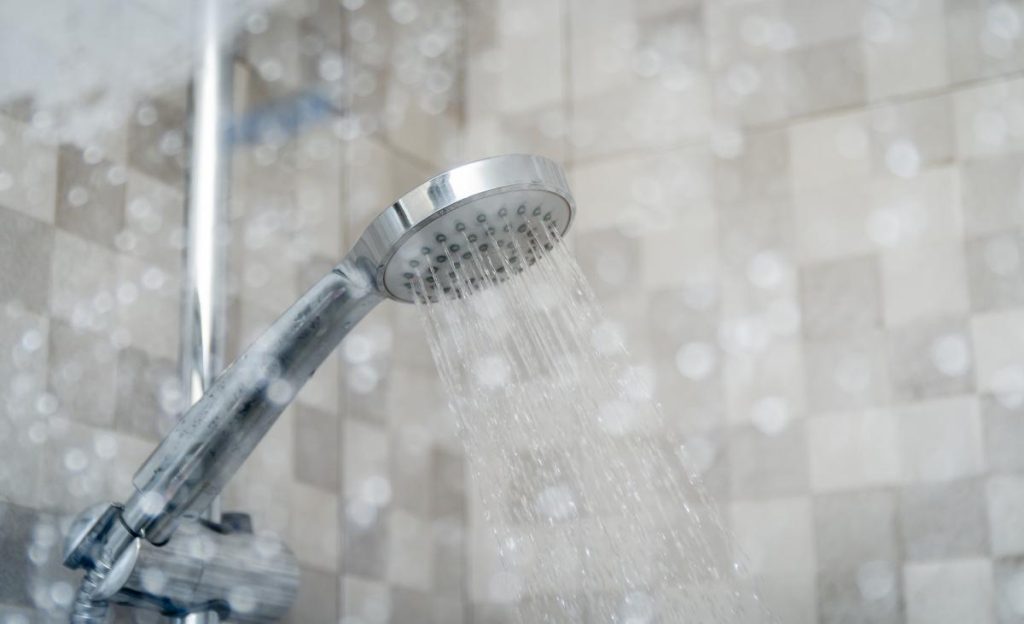
In the UK, everyone’s looking forward to when summer comes around, but not everything is so simple when the warm weather arrives.
As the warmer months approach, many homeowners wonder whether turning off their boiler in summer is a wise decision. With milder weather, the heating system seems unnecessary, and the potential energy savings are tempting.
However, before making this decision, it’s important to consider several factors, including your household’s hot water needs, energy efficiency, and boiler health.
You can also see more about boiler summer mode here if your modern boiler has come equipped with it.
We’ll break down everything you need to know about whether you should turn off your boiler during the summer months.
What Happens If You Turn Your Boiler Off in Summer?
During the summer, you likely won’t need to heat your home, so it may seem logical to turn your boiler off completely. However, there are implications to this decision.
First, most modern boilers are not just responsible for heating but also for providing hot water. If you turn off your boiler entirely, you may lose access to hot water for showers, baths, dishwashing, and other daily tasks. So, before switching off your boiler, make sure to confirm whether your hot water supply relies on the boiler.
Energy Savings vs. Practicality
One of the main reasons people consider turning off their boiler in summer is the potential for energy savings. Heating accounts for a significant portion of household energy use during the colder months, but when it’s warm, those costs drop.
By turning off your boiler, you could theoretically save on energy bills. However, the actual savings depend on the type of boiler you have and how it operates.
Combi Boilers
Combi boilers are very common in modern homes and provide both heating and hot water on demand. These types of boilers are highly efficient, as they only heat water when needed.
If you have a combi boiler, switching it off may not result in significant savings because they are already designed to minimise energy use when not in demand.
Conventional Boilers
If you have a conventional boiler with a hot water cylinder, things get more complicated. These systems usually heat water at regular intervals or store a supply of hot water.
Turning off the boiler might save you some money if you’re not using hot water frequently, but you’ll need to turn it back on when hot water is required, which could result in inefficiencies and delays in getting hot water.
Potential Issues of Turning the Boiler Off
Aside from energy savings, it’s important to consider the potential issues that might arise when turning off your boiler for extended periods.
Stagnation and Seized Parts
When a boiler remains inactive for months, certain parts like the pump or motorised valves may seize due to inactivity.
This is particularly common in older systems. To avoid this, many manufacturers recommend turning the boiler on periodically, even during the summer, to keep it running smoothly.
Risk of Corrosion
Boilers and heating systems rely on a balance of water and chemicals that prevent corrosion. When your boiler is turned off for a long time, especially in humid or damp environments, there’s a risk that the system could start to corrode internally. Keeping the system active occasionally helps circulate these protective chemicals.
Lack of Maintenance Awareness
If your boiler remains off for the entire summer, you might not notice early signs of faults or inefficiencies.
Regular use of your boiler can help you identify any potential issues early before they develop into costly problems. Turning it off entirely might lead to unpleasant surprises when you restart it in autumn.
Hot Water Alternatives During Summer
If you do decide to turn off your boiler to save energy, you have to consider how you’ll meet your hot water needs. Here are some alternatives.

Electric Showers
These showers heat water independently from the main boiler, making them a convenient option if you want to switch off the boiler. They are powered by electricity, and the water is heated on demand.
Immersion Heater
Homes with conventional boilers often have an immersion heater installed in their hot water cylinder. An immersion heater uses electricity to heat water, acting as a backup when the boiler is off.
While using an immersion heater can provide hot water, it is generally less energy-efficient than using a boiler, so be mindful of potentially higher electricity bills.
Solar Water Heating Systems
For those looking to reduce their energy consumption, a solar water heating system might be a good investment.
These systems use energy from the sun to heat water, which can be an excellent alternative during summer. While the initial setup cost can be high, it provides long-term savings and reduces your carbon footprint.
Key Considerations
Type of Boiler
Your decision should depend largely on the type of boiler you have. If you have a combi boiler, there’s little reason to turn it off because it’s designed to be energy-efficient when not in use. For conventional boilers, consider your hot water usage before turning the system off completely.
Maintenance and Longevity
Regular use of your boiler can help maintain its longevity. Turning off the system for too long can result in stuck parts, internal corrosion, or unexpected issues when restarting it later. If you decide to turn it off, ensure that you occasionally run the system to avoid these problems.
Hot Water Needs
Consider how much hot water your household uses during the summer. If you frequently require hot water for showers, baths, or dishwashing, turning off your boiler may not be practical.
In this case, you can reduce the heating settings instead of turning it off entirely, or switch to more energy-efficient alternatives such as electric showers or immersion heaters.
Energy Efficiency Settings
Some modern boilers have a “summer mode” or an eco-setting designed for warmer months. This allows you to reduce heating to a minimum while still having access to hot water. Using this setting can strike a balance between saving energy and ensuring your home’s hot water needs are met without the risks associated with turning the boiler off entirely.
Final Thoughts on Turning Your Boiler Off in Summer
While turning off your boiler in the summer may seem like an easy way to save energy and reduce costs, it’s important to weigh the pros and cons carefully.
For many homes, simply reducing the temperature settings or using eco-modes may be a better solution than turning the boiler off altogether. This approach can save energy while keeping the system running smoothly and maintaining access to hot water.
Before making any decisions, consider your boiler type, household needs, and the potential risks of long-term inactivity.
For some, an alternative hot water source or switching to a more energy-efficient system like solar water heating may provide a better solution.
By carefully considering these factors, you can ensure that your boiler operates efficiently, remains in good condition, and provides the hot water you need without unnecessary energy waste.
